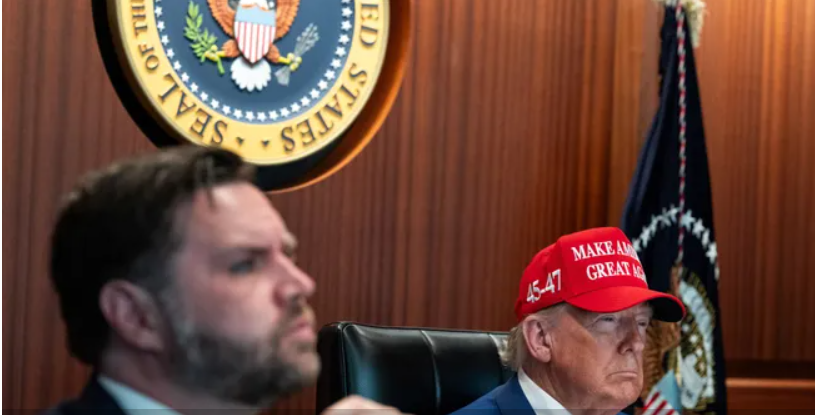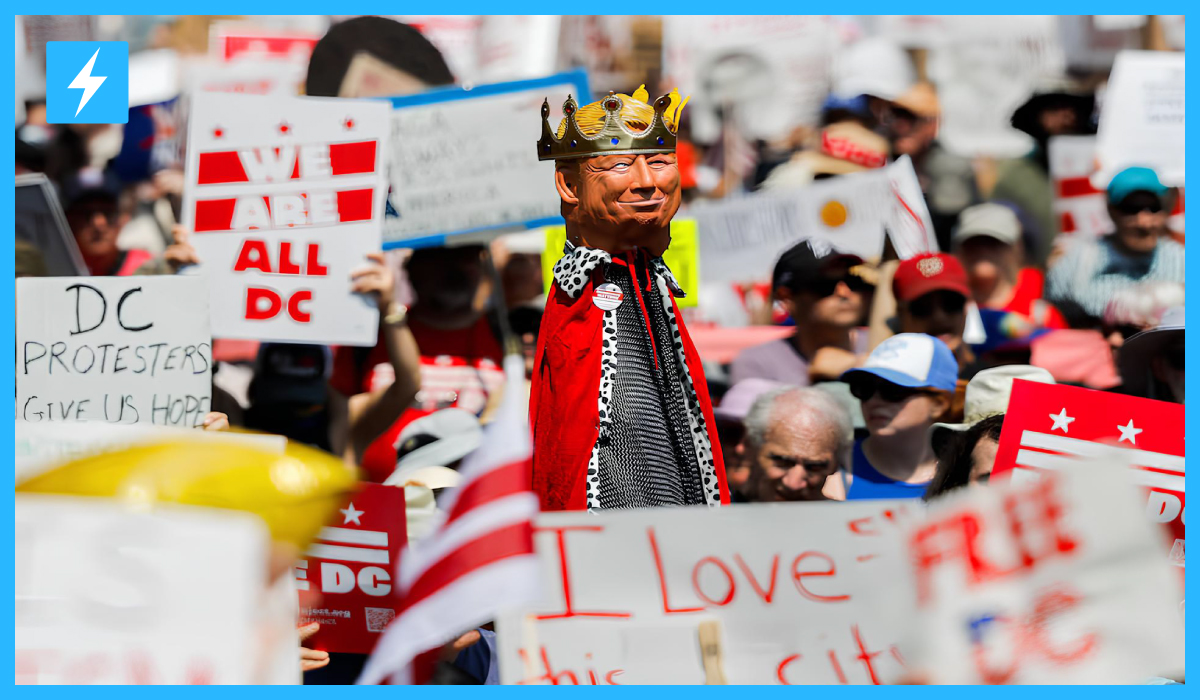Introduction: Trump’s Political Future and the 22nd Amendment
Donald Trump become President in 2028: Donald Trump remains one of the most polarizing figures in American politics. After winning the 2024 presidential election, securing a second non-consecutive term, speculation has emerged about whether he could run again in 2028. However, the U.S. Constitution imposes strict term limits on the presidency, raising questions about Trump’s eligibility for a third term.
This article explores:
- The constitutional barriers preventing Trump from running in 2028
- Historical context of presidential term limits
- Trump’s past statements about seeking a third term
- The political implications of a potential Trump 2028 campaign
Can Donald Trump Legally Run for President in 2028?
The 22nd Amendment: A Clear Barrier
The 22nd Amendment of the U.S. Constitution, ratified in 1951, explicitly states:
“No person shall be elected to the office of the President more than twice.”
Since Trump will have served two terms by the end of his 2025-2029 presidency, he is constitutionally barred from running again in 2028.
How Could Trump Bypass the 22nd Amendment?
While the Constitution is clear, some have speculated about possible loopholes:
- Amending the Constitution – Changing the 22nd Amendment would require a two-thirds majority in Congress or a constitutional convention called by two-thirds of state legislatures. Given the current political divide, this is highly unlikely.
- Legal Challenges – Some Trump allies have floated theories about reinterpreting the amendment, but legal experts dismiss these as unrealistic.
- Running as Vice President First – In a 2023 interview, Trump suggested that if his VP (JD Vance) were elected in 2028, he could later reclaim the presidency. However, the 12th Amendment prevents a two-term president from becoming VP.
Historical Precedent: Only FDR Served More Than Two Terms
Before the 22nd Amendment, Franklin D. Roosevelt (FDR) was the only president to serve more than two terms (1933-1945). His extended tenure led to the amendment’s ratification to prevent future presidents from holding power indefinitely.
Trump’s Statements on a Potential Third Term
Trump has repeatedly teased the idea of a third term, though he has also backtracked:
- March 2024 (NBC Interview): Trump suggested there were “ways” to pursue a third term, hinting at a VP workaround.
- May 2024 (Meet the Press): He walked back the idea, saying, “I’m not looking at it… but so many people want me to do it.”
Despite his denials, Trump 2028 merchandise (including hats worn by his family) has fueled speculation.
Public Reaction and Political Implications
Protests and Low Approval Ratings
Trump’s presidency has been marked by mass protests, particularly after controversial decisions like the 2024 airstrikes in Iran. His approval ratings remain historically low, yet he maintains a strong base.
Could Republicans Support a Third Trump Term?
- Pro-Trump Base: Many supporters would likely back him regardless of term limits.
- Constitutional Conservatives: Some GOP members would oppose overturning the 22nd Amendment, viewing it as a dangerous precedent.
Conclusion: Trump’s 2028 Candidacy Is Constitutionally Blocked
Unless the 22nd Amendment is repealed—an improbable scenario—Donald Trump cannot legally run for president in 2028. While he and his allies may continue to tease the idea, the constitutional barriers are firm.
Final Thoughts: What’s Next for Trump?
If Trump cannot run again, his influence may shift to:
- Endorsing a successor (possibly JD Vance or another ally)
- Media and political activism (continuing through Truth Social and rallies)
- Legal battles (depending on ongoing cases)
For now, the 22nd Amendment stands as the ultimate check on Trump’s political future.




